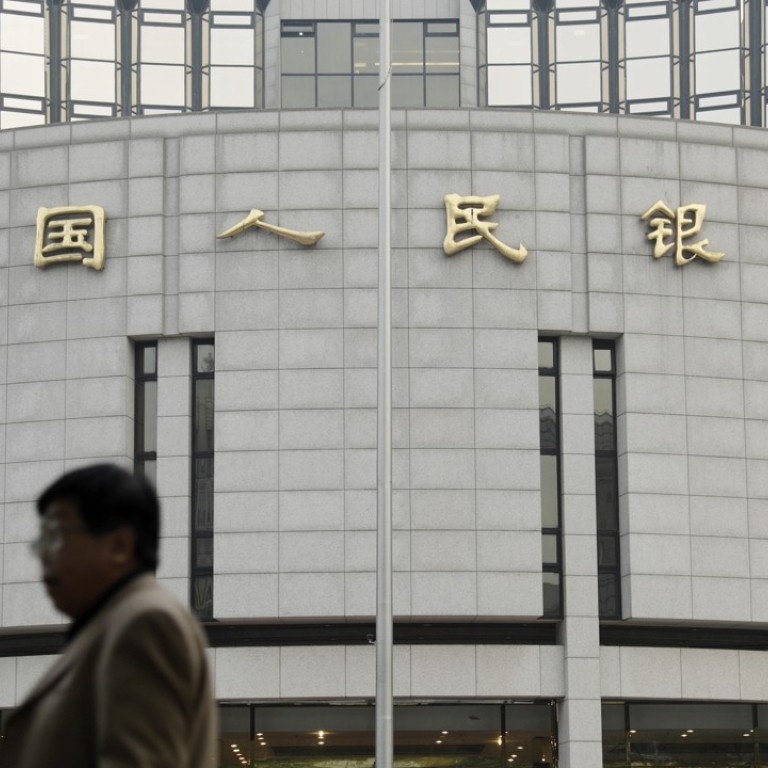
Analysis | The root cause of China’s financial fragility – according to its central bank chief
Constant calls for looser monetary policy are putting the country at risk, says long-standing PBOC boss
China’s central bank chief has lashed out at local governments, saying their constant calls for looser monetary policy in all economic weather are the root cause of the country’s financial fragility.
Zhou Xiaochuan, who has been governor of the People’s Bank of China (PBOC) for the last 15 years, said the PBOC was expected to turn on the cash taps to support growth in good times and in bad.
“[In the good times] all industries and local governments enthusiastically pursued rapid growth and demanded [the central bank] ease money supply,” Zhou wrote in an article on the central bank’s website.
As a result, financing activities boomed, credit supply increased, and market players started to be overly optimistic, “generating asset price bubbles”.
But as risks mounted and financial markets came under pressure, all sides called for the PBOC to come to the rescue with looser monetary policy, Zhou wrote.
He said this distortion of monetary policy, mainly from local governments eager to speed up development, was a source of systemic risk in the world’s second-biggest economy because of the high financial leverage and excessive corporate debt it induced.
Zhou called for broadened equity funding and direct finance to cut corporate leverage and eliminate “zombie” companies.
He also warned that it was very difficult for regulators to find a big enough window of time to “right the wrongs”.
Zhou’s pointed attack on the weekend comes months, if not weeks, before he is expected to step down from a job he has held since his opposite number in the United States was Alan Greenspan.
He is credited with steering the country’s robust economic growth in the past 15 years, freeing up interest rates at home and earning the yuan nominal international reserve currency status abroad.
But Zhou has been criticised for allowing the economy to be flooded with money – China’s broad money supply, M2, surged from 18.5 trillion yuan at the end of 2002 to 165.6 trillion yuan (US$24.95 trillion) at the end of September.

His article was also included in the Communist Party’s handbook of official interpretations of policy from the party’s national congress last month, suggesting his view is a consensus position at the top rungs of power.
Qingdao University economics professor Yi Xianrong said such a blunt accusation was rare from a Chinese official.
Yi said China’s monetary policy had been held hostage by “the investment impulse of local governments”.
“It has been that way for a long time and I don’t see signs of change as long as GDP remains key to assessing local officials’ performance,” he said.
Xu Gao, chief economist of Everbright Securities Asset Management, said local governments had been very aggressive competitors in a GDP contest over the decades, and had undoubtedly put pressure on the central bank’s commitment to economic and price stability.
But the central government was unlikely to ignore the financial needs of lower-level authorities.
“After all, stability relies on economic development,” Xu said.
Iris Pang, chief Greater China economist at ING, said Zhou’s article suggested the central bank would continue to be geared towards financial deleveraging, suggesting tighter liquidity in the interbank market.
Earlier this month, Moody’s Investors Service analysts led by Michael Taylor said financial-sector regulation would likely continue to restrain the growth of shadow banking activities and address some key imbalances in the financial system.
“However, the authorities continue to face challenges in preventing the de-risking of the financial sector from causing systemic disruption,” they wrote.

